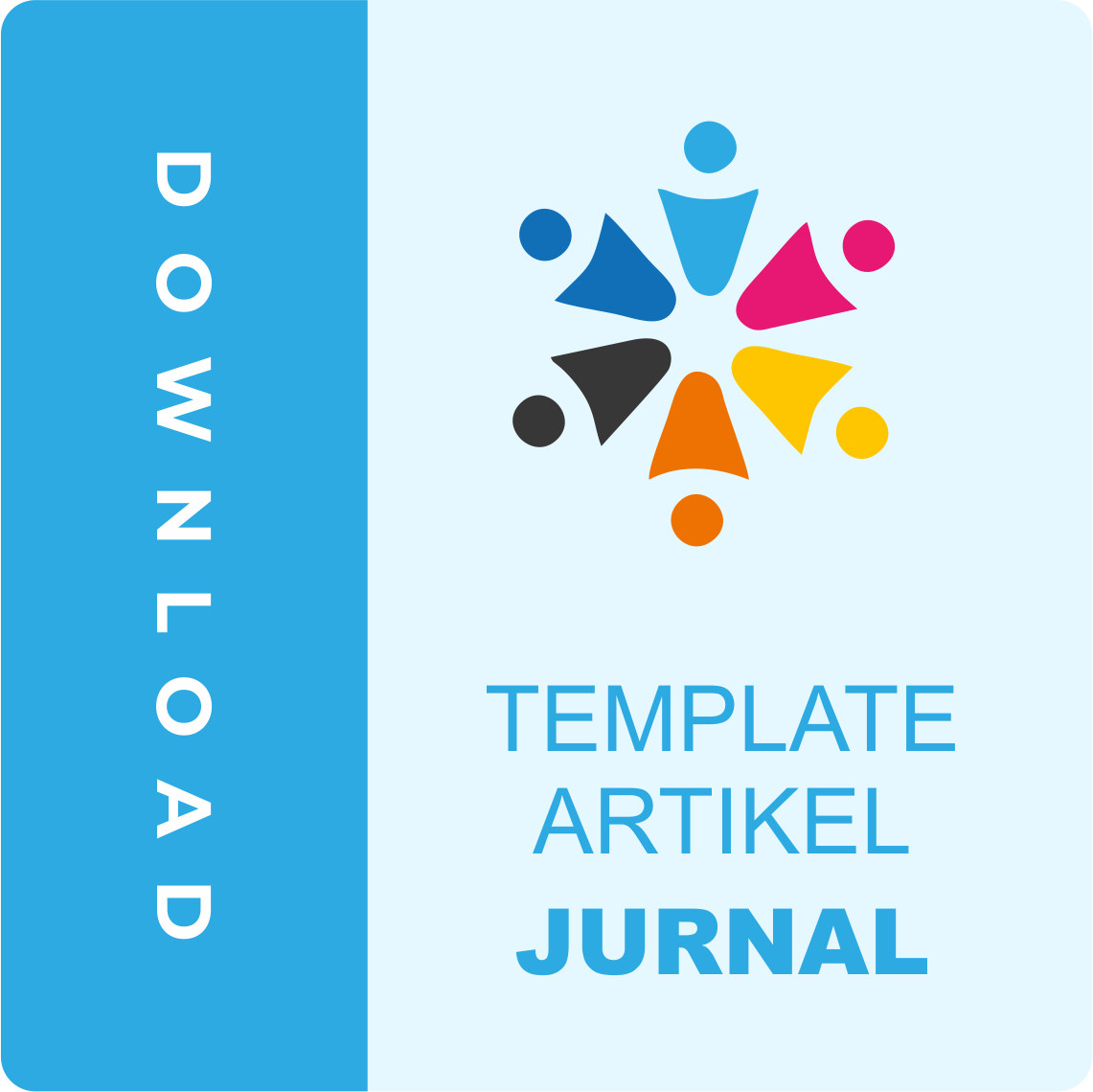Reconceptualization of the Da'wah Movement in Indonesia: Perspectives on Da'wah Communication
The digital era has given birth to many impromptu ustadz - preachers. However, its presence often causes controversy and unrest. This study shows that, the problems that arise in the reality of da'wah that are currently rife, cannot be separated from how a preacher-cleric prepares himself as a communicator in a da'wah communication process, maps and prepares da'wah messages that are appropriate for his audience, and uses communication methods. da'wah that is appropriate to the condition of the congregation the audience is facing. This paper aims to examine the process of da'wah activities (interconnection-integration) with the perspective of communication theories to map and provide solutions to the problems of da'wah that occur. This paper applies a descriptive qualitative approach. Data collected from online sources related to da'wah activities are analyzed, interconnected-integrated, with a study of communication concepts and presented descriptively. The rise of preaching in cyberspace, many Ustadz or da'i have emerged whose reality is as preachers/communicators who are incompetent, because most of them are not equipped with sufficient religious knowledge and preaching skills. An ustadz-da'i can actually use the wisdom-wise da'wah method: firstly broadcasting da'wah that seeks to introduce Islamic teachings to those who access the da'wah; the second is counseling preaching which seeks to dialogue the teachings so that they can be implemented in their lives. Both of them can be integrated and developed into developmental propaganda that seeks to build the life of the people in meeting their needs. However, what often emerges is judging the disbelievers or misguided audience members, which in fact are not included in the da'wah method. The digital era has made it easier for people to participate in preaching, although later some of the preachers' preaching has disturbed the people. This condition requires the government and related institutions to carry out training and certification for ustadz or da'i in preaching, with the hope that they will have complete knowledge about Islam; and have adequate knowledge and skills in preaching.
Copyright (c) 2023 Interdiciplinary Journal and Hummanity (INJURITY)

This work is licensed under a Creative Commons Attribution-ShareAlike 4.0 International License.




